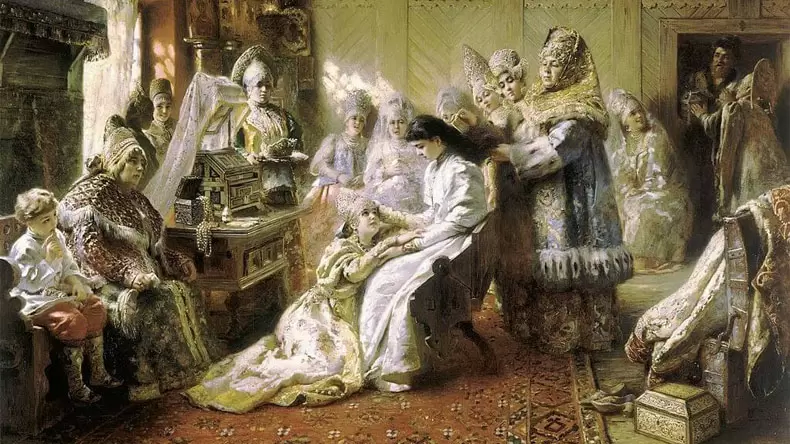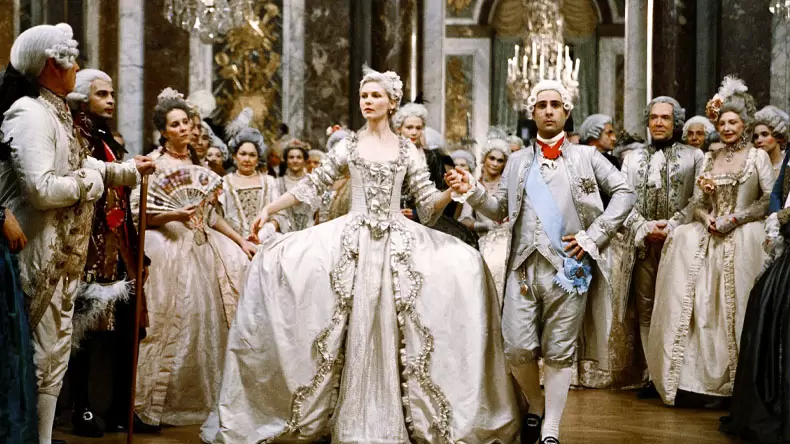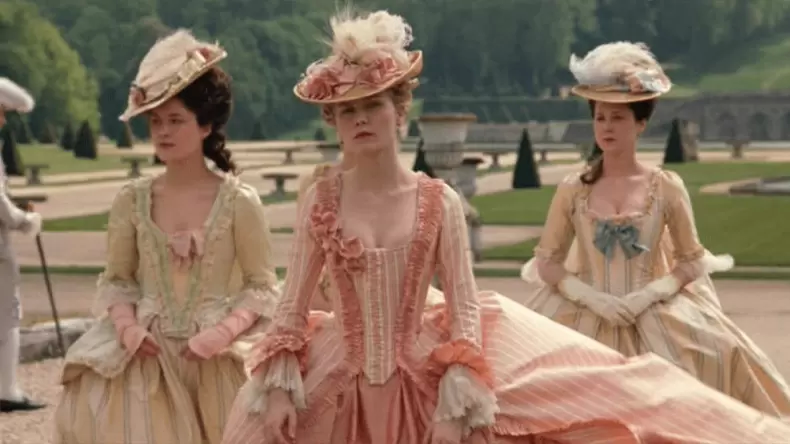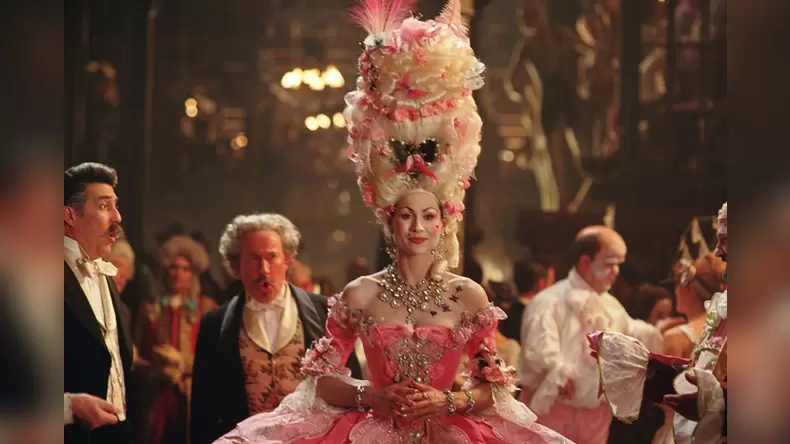Who Are You in Chiikawa Today? Quiz
Step into the shoes (and petticoats) of a European lady from centuries past with our fun European Classical Period Costume quiz!
Unveiling Elegance: Exploring the Classical Period Costume and Its Influence on European Culture
The European Classical Period, also known as the Classical Era, was a time of great cultural and artistic development in Europe. This period, which lasted from the mid-18th century to the early 19th century, saw the rise of classical music, art, and literature. It was also a time of great change in fashion, as the elaborate and ornate styles of the Baroque period gave way to the more refined and elegant costumes of the Classical Period.
The Classical Period costume was characterized by its simplicity, elegance, and attention to detail. It was a departure from the heavy and elaborate styles of the previous era, and it reflected the growing interest in classical art and culture. The silhouette of the Classical Period costume was slim and columnar, with an emphasis on the natural waistline and a high neckline. The fabrics used were often lightweight and fluid, such as silk, muslin, and cotton, which allowed for the graceful draping and movement that was characteristic of the style.
One of the most iconic elements of the Classical Period costume was the use of the empire waistline. This style, which originated in ancient Greece and Rome, featured a high waistline that was positioned just below the bust, creating a long and flowing line that was both flattering and elegant. The empire waistline was often accented with delicate details such as ruching, pleating, or embroidery, adding a touch of femininity and refinement to the overall look.
Another key feature of the Classical Period costume was the use of classical motifs and references. This was a time of great interest in ancient Greek and Roman art and culture, and this was reflected in the fashion of the period. Garments were often adorned with classical-inspired motifs such as laurel wreaths, Greek key patterns, and Roman column designs, which added a sense of sophistication and classical beauty to the costumes.
In terms of color, the Classical Period costume favored a soft and delicate palette. Pastel shades such as pale pink, mint green, and sky blue were popular, as were neutral tones such as ivory, beige, and dove gray. These colors complemented the graceful and refined silhouette of the garments, and they added to the overall sense of elegance and simplicity that was characteristic of the style.
Accessories were also an important part of the Classical Period costume. Women often wore delicate shawls, gloves, and parasols, which added a touch of femininity and refinement to their outfits. Jewelry was also an important accessory, with women often wearing delicate pieces such as pearl necklaces, cameo brooches, and filigree earrings, which added a sense of elegance and sophistication to their look.
The Classical Period costume was not only a reflection of the fashion of the time, but it also reflected the broader cultural and artistic developments of the era. It was a style that was elegant, refined, and timeless, and it continues to inspire and influence fashion to this day. The Classical Period costume is a testament to the enduring beauty and grace of European classical art and culture, and it remains a source of inspiration for designers and fashion enthusiasts around the world.Take our quiz and find out which European classical period costume suits you best!
























